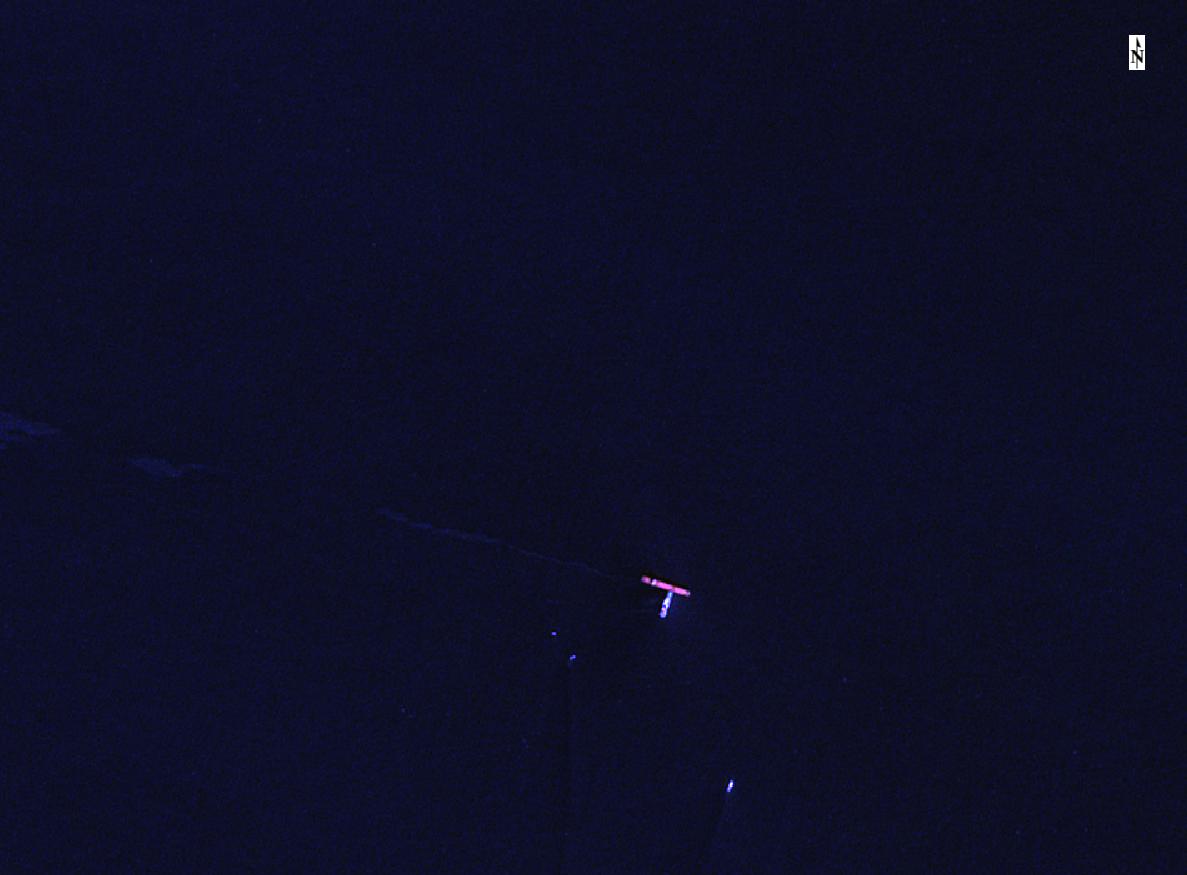Chris Hadfield's twitter page tipped me off to this - a science daily article on a new optical gyroscope, smaller than a grain of rice. Its one of the first high performance ones shrunk down to a size that is suitable for portable devices. I've nothing really to add to it but worth a blog post on its own I think!
Tuesday 30 October 2018
Saturday 27 October 2018
Geo for Good
One of my research goals is to start identifying opportunities for satellite, GIS, data science to help with humanitarian or environmental issues. Examples like Satellite Sentinel, Global Fisheries Watch, the stuff I posted on the flooded island the Rohingya were being moved to, or the BBC Africa use of spatial and social data to track down three war criminals have got me thinking.
I came across a great example in National Geographic recently Surveyors visiting remote tribes and helping them to define and demarcate their land and resources using maps - security of tenure and all that - one I remember from Land Management modules at undergrad. This is going to be even more important in a future of reduced resources and climate hazards.
Saturday 20 October 2018
Ship Collision Spotted in Sentinel 2 Imagery
This is a great catch - hat tip to Fernin Avila on twitter for spotting a ship collision on the Sentinel hub EO browser (does he mean sentinel playground?). Must try and find out more about it - when where, damn the torpedoes etc - maybe AIS has some replay functionality in the free versions? I don't think so - but still, very interesting.
Tuesday 16 October 2018
National Space Strategy
Summer is never a good time to elicit responses for an important consultation but nevertheless there was a call for comments on the Space Strategy for Ireland in July/August. As part of the SCSI Working Group in Earth Observation and Remote Sensing, I worked with a few other members to highlight some of the concerns we had in relation to spatial data, applications, industry potential, outreach and skills gaps. I was not surprised to see that at the follow up meet most, if not all companies had the same concerns. The downstream sector was definitely in the majority - but I got the impression that the concerns of the upstream got the better airing as the morning wore on. One thing that surprised me - I had always heard anecdotally that the upstream was doing better than down, but this seems not to be the case.
DBEI organised and was hosted by DFF&T at the beautiful Iveagh House. Like the Korec seminars in Carton House - you spend more time gazing at the ceiling than the speaker.
Some general observations, although I'm sure this will be formally published in the near future.
- Siloed interests abound - many people unaware of what supports and who is out there for potential collaboration.
- Lack of coordination at national level - talk of a 'space coordinating centre' was judged overkill but a single space officer to combine ESA, Copernicus and other EU info was universally agreed as important. There was an extra €500k in the budget alotted for ESA work this year, it may feed into it?
- Skills shortage - particularly at undergrad level - on both EO side and also at the engineering side on materials - i.e. space tech manufacture or RS are only single modules, rather than a full programme. Seems to be demand in the industry for those graduates - SAR skillset an EU wide shortage.
- Currently there is an overdependance on ESA for contracts - NASA, UN, H2020 other world orgs should be considered.
- Lack of a big space industry in Ireland is hampering growth - some discussion on trying to coax a large space player to Ireland, but would have to avoid hampering native industry who are currently growing.
Hopefully will lead somewhere.
Subscribe to:
Posts (Atom)
About Me

- Conor
- My name is Conor. I am a Lecturer at the Department of Geography at Maynooth University. These few lines will (hopefully) chart my progress through academia and the world of research.



